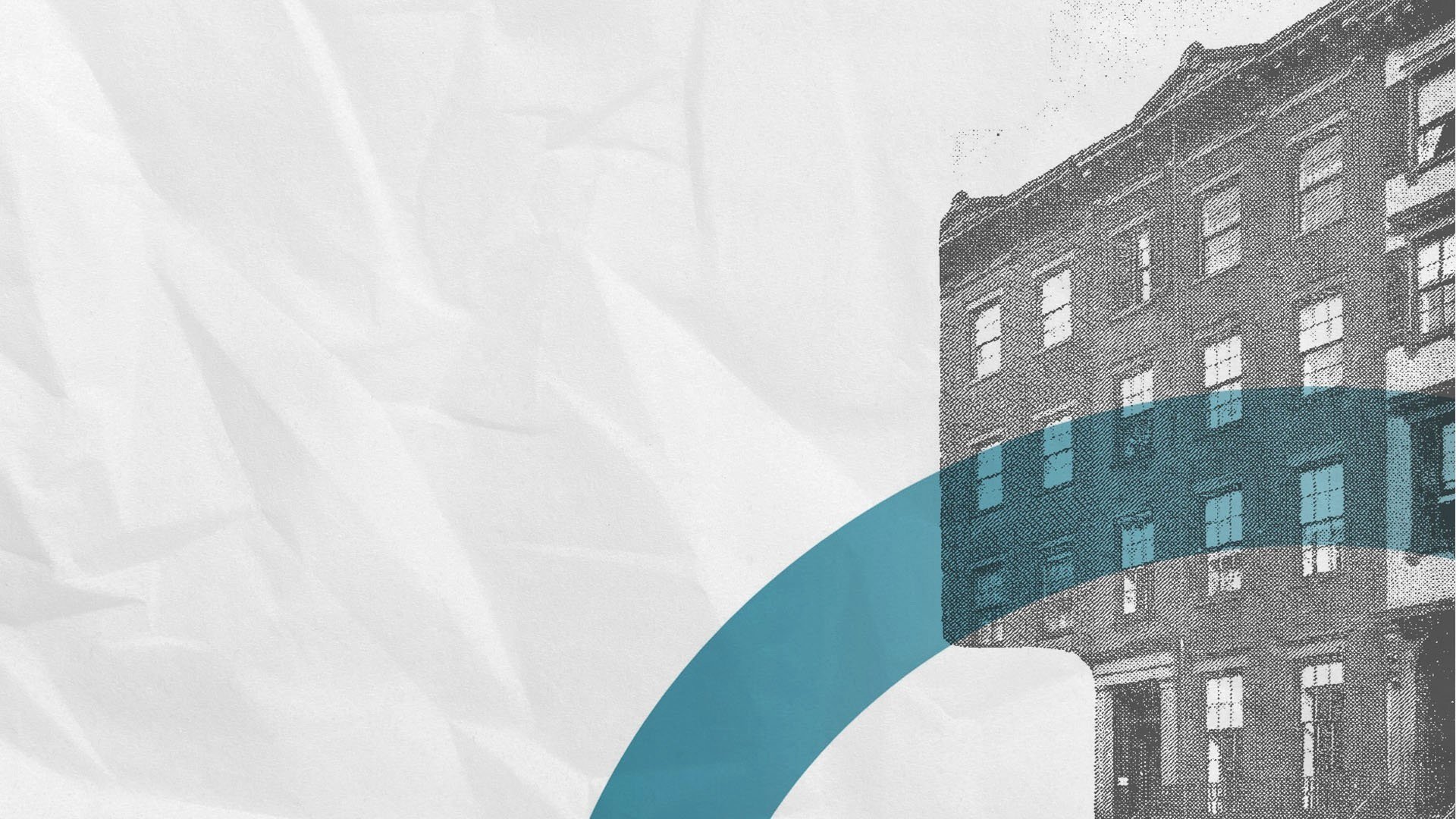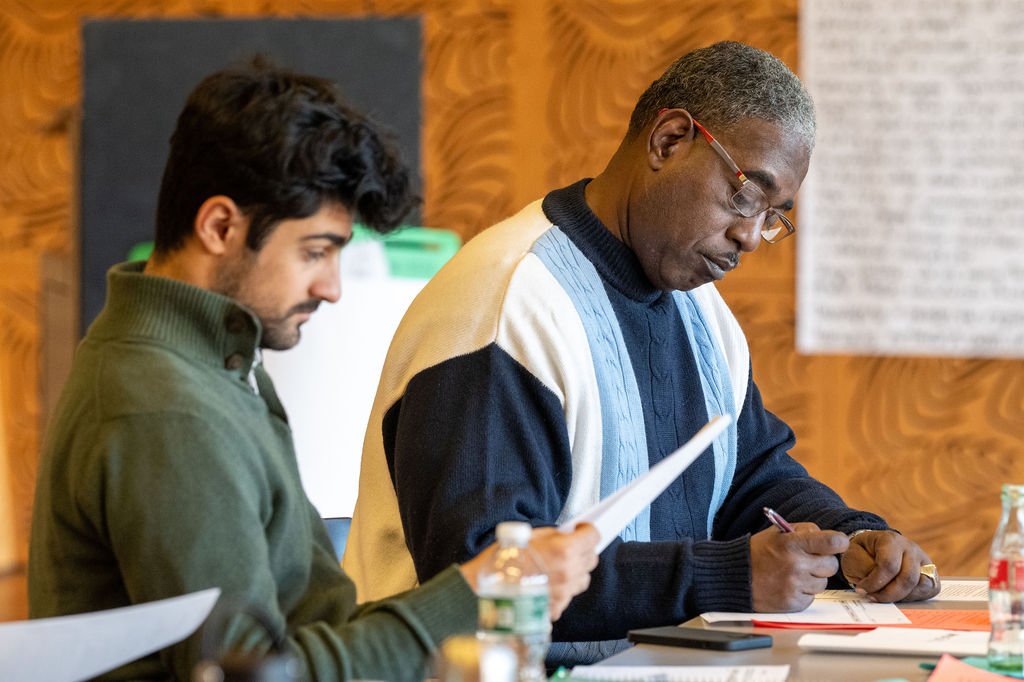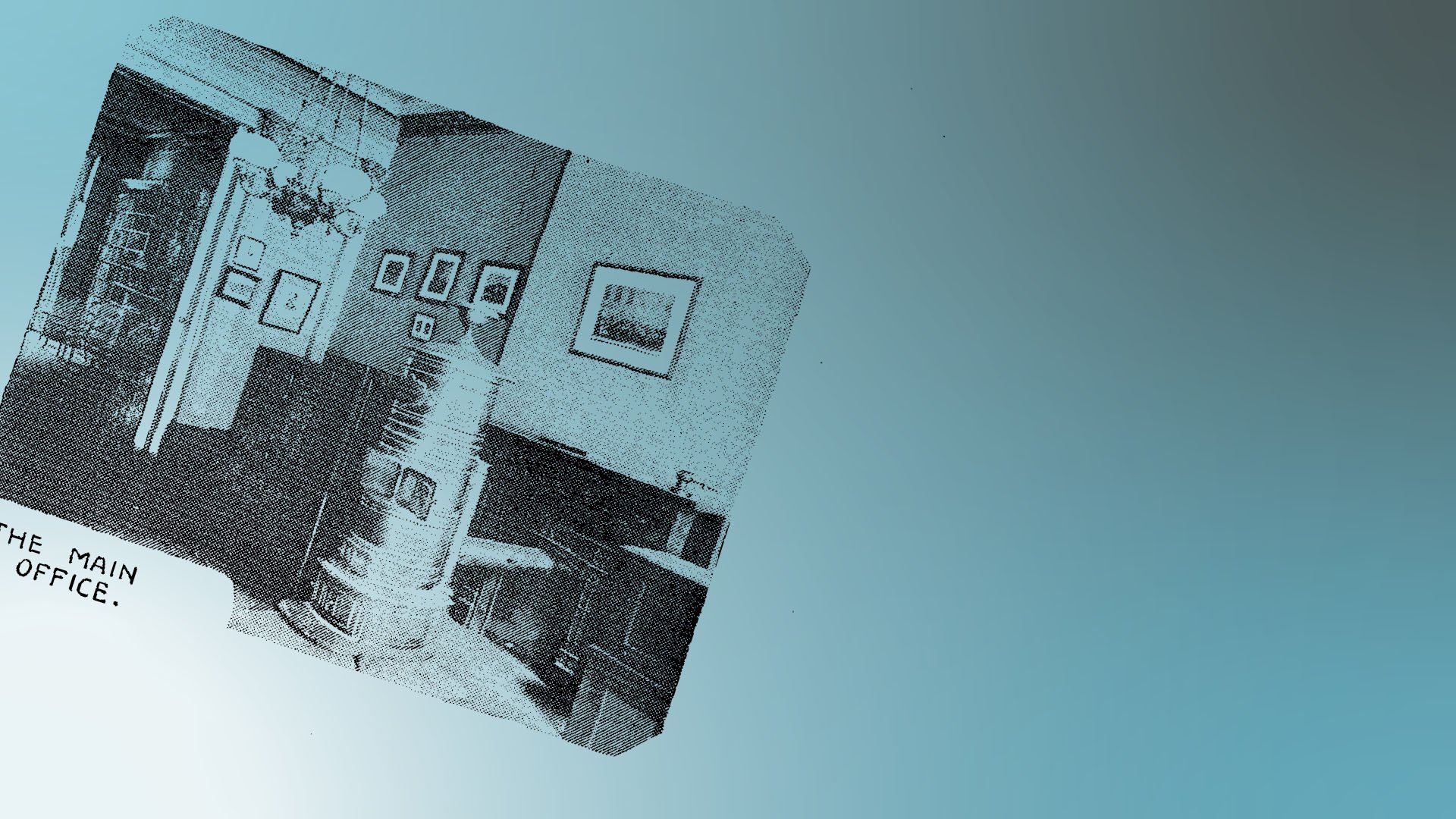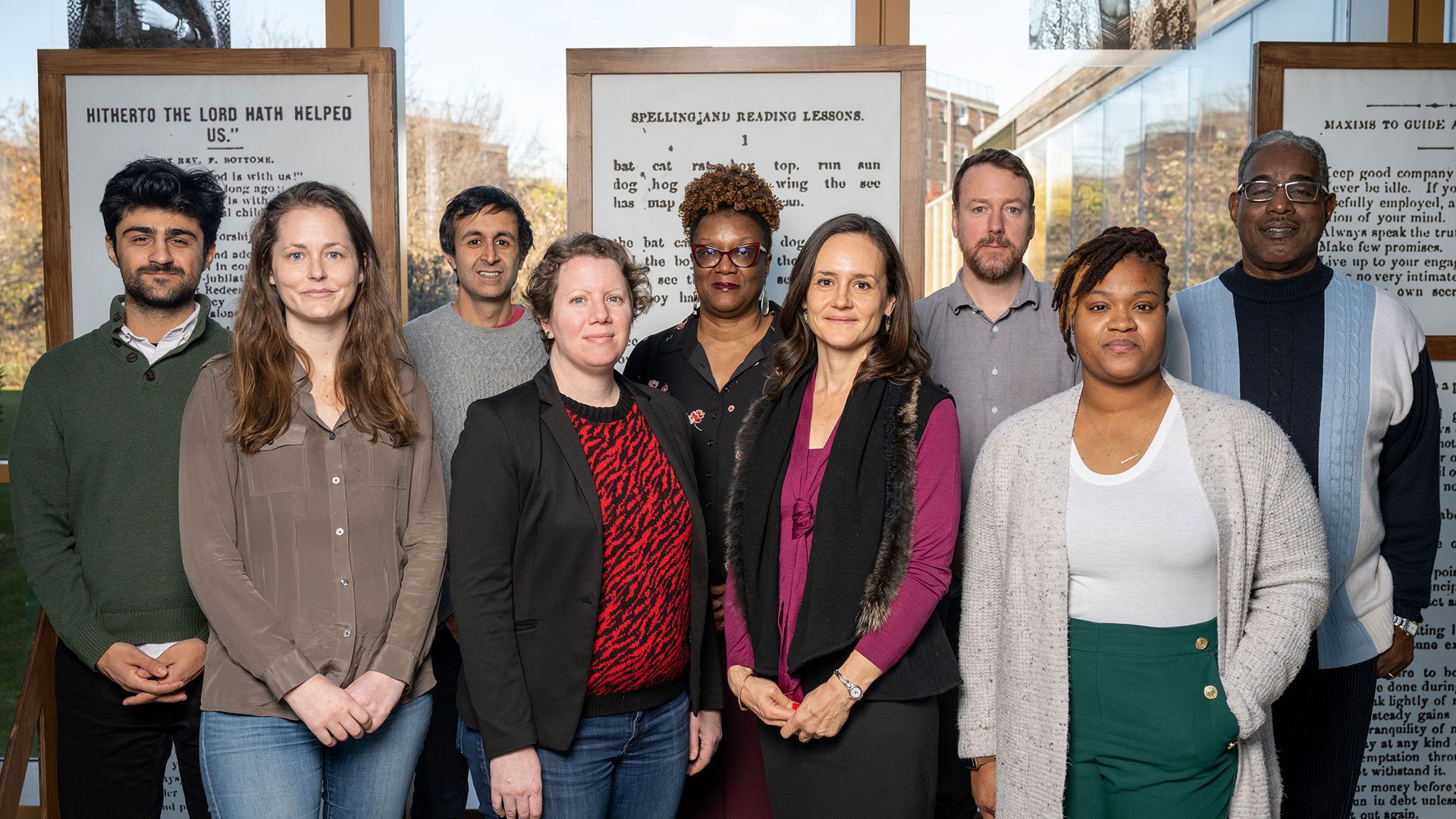
The Correctional Association of New York (CANY) is designated by law to provide independent monitoring and oversight of state prisons in New York State.
CANY, under §146 of New York’s Correction Law, is charged with visiting and examining the state’s correctional facilities to identify and report on prison conditions, the treatment of incarcerated individuals, and the administration of policy promulgated by the executive and legislature.

Mission
CANY provides independent oversight of prisons in New York State to promote transparency and accountability; safeguard the human and civil rights of incarcerated people; identify and provoke a response to harmful practices and policies; promulgate information that supports reform, and advocate for the decreased use of incarceration in New York.

Vision
CANY envisions a future in which our criminal justice system uses an entirely different approach to responding to violence and social concerns. In this vision, prisons look nothing like they do today: far fewer people are held for much shorter sentences in transformed conditions that promote health, safety, and justice for incarcerated individuals, communities, and society at large.
Values
Respect
We uphold the dignity and worth of all people.
Anti-Racism
Racial equity is central to our shared humanity.
Transformation
We embrace creativity and bold ideas for change.
Justice
We call for justice and fairness in all systems.
Overview of Legislative History
CANY was founded in 1844 as the Prison Association of New York and incorporated by state law in 1846 with the following objectives:
The amelioration of the condition of prisoners, whether detained for trial or finally convicted, or as witnesses.
The improvement of Prison Discipline, and the Government of Prisons, whether for Cities, Counties, or States.
The support and encouragement of reformed convicts after their discharge, by affording them the means of obtaining an honest livelihood, and sustaining them in their efforts at reform.
In 2021, CANY’s ability to monitor state prisons was consolidated into New York Correction Law, Section 146, with the passage of legislation codifying CANY’s authority to visit, access, inspect and report on the state’s prisons. Under this law, CANY is permitted to visit any state prison with 72 hours’ notice to the State Department of Correction and Community Supervision (DOCCS); to communicate confidentially with incarcerated individuals and prison staff; to operate a phone hotline for the reporting of prison conditions by incarcerated individuals; to disseminate surveys to incarcerated people; and to distribute reports and recommendations to the state’s executive, legislature, and the public at large.



